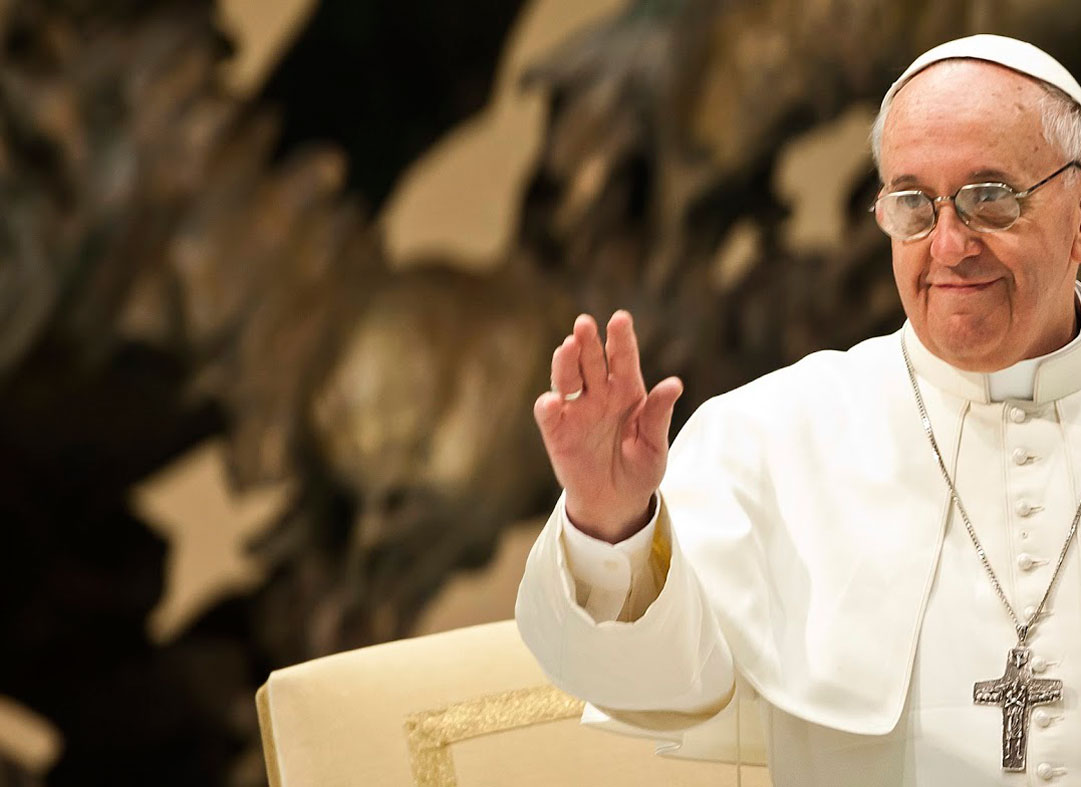 Column
Column
Cecily McNeill
5 April, 2013
Almost from his first words as Pope, Francis made it clear that he stood alongside the poor and marginalised.
In his first homily on the feast day of St Joseph the Worker, Pope Francis spoke of his new ministry as one of service. ‘He must be inspired by the lowly, concrete and faithful service which marked St Joseph and, like him, he must open his arms to protect all of God’s people and embrace with tender affection the whole of humanity, especially the poorest, the weakest, the least important, those whom Matthew lists in the final judgment on love: the hungry, the thirsty, the stranger, the naked, the sick and those in prison. Only those who serve with love are able to protect!’
For the first time the Church has a pope from the densely populated and troubled area of Latin America and much has been said about Pope Francis’ response to Liberation Theology which grew out of this Latin context.
I asked Mgr Gerard Burns, whose years as a missionary in Peru led to study in international relations, about this complex area.
‘The evident contradiction of having masses of impoverished people in the most Catholic continent of the world took people back to the scriptures and Catholic Social Teaching,’ he said. ‘In the 1960s and ’70s, the inequality was entrenched by repressive US-backed military governments in Latin America. God’s call to “break unjust fetters” (Isaiah 58:6), the desire of workers, peasants and students for greater justice brought the development of liberation theology.
‘In the global politics of the Cold War, people who opposed institutionalised injustice could be tarred as communists and worse. Some priests joined liberation movements in Chile, Nicaragua and Brazil.
‘The Cuban revolution in 1959 had led to the question of whether the Church was on the side of the unjust status quo or in favour of social justice. At the major conferences of Latin American bishops in Medellin and Puebla the bishops put themselves on the side of the poor, not because they were disciples of Marx but because they listened to Christ who came to “bring Good News to the poor” (Luke 4:18).
‘They called on each Christian to choose to lift up the poor and disadvantaged in real and concrete ways. Preferential option for the poor means that Christians are called to look at the world from the perspective of the marginalised and to work in solidarity for justice.’
Pope John Paul II was criticised for dealing harshly with liberationists such as theologians Leonardo Boff and Gustavo Gutierrez. He did not argue that the Church was not a voice for the oppressed. But he believed that the Church should stand with the poor in a non-partisan way, that to see the Church as a political movement of this world was to deny the transforming power of God’s love and the promise of the reign of God.
Pope John Paul II was strongly influenced by his Polish people’s struggles against communism.
How will Pope Francis’ background among the poor and marginalised in his region influence his papacy?